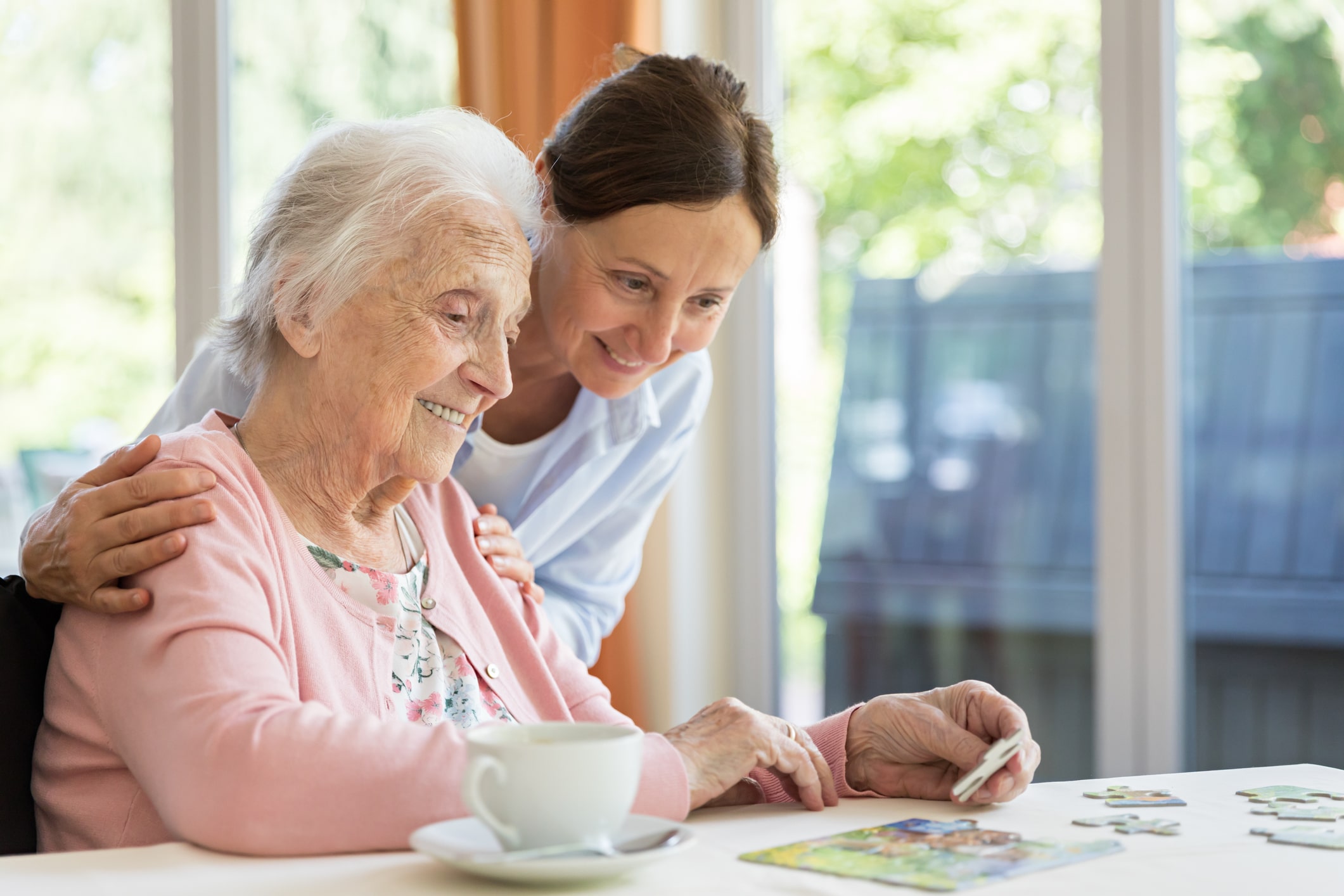4 Tips To Improve Incontinence Care

Incontinence is a critical issue that is often pushed aside due to embarrassment or shame. It is up to us, as well as our caregivers and clients, however, to open up a smarter dialogue about whether or not their loved one is struggling from it. There is no room for secrets, and we should be empowering our caregivers and loved ones to take action and make life comfortable and of course, address the cause of incontinence to begin with. Here are four ways that will help you tackle and hopefully put an end to your client’s uncomfortable symptom of incontinence:
1.) Open up honest communication
According to the National Association for Continence, “one-third of men and women ages 30-70 have experienced loss of bladder control at some point in their adult lives.” While these cases can range in type and severity, senior loved ones are more suspect to having a more frequent cases. Be sure to have honest conversations more frequently so that, when it comes to health questions, your loved one feels more comfortable bringing it up.
2.) Don’t brush it off as a “common senior health issue”
One of the biggest myths about incontinence or any type of bladder problem is that it only happens to those who are aging. In fact, incontinence is rather a sign of other medical conditions that should be addressed. Speak to your loved one’s doctor about their symptoms in order for them to diagnose the underlying conditions. This will lead to more effective treatments, and reduce symptoms and accidents in the future!
3.) Be patient, and be prepared
There is definitely a way to treat incontinence once a doctor has made a diagnosis, however, whatever treatment options he or she may prescribe can take a bit to treat and potentially reverse symptoms of incontinence due to an illness or disease. Be sure to assess the frequency and size of the leakage specifically, and buy the right protective products that will fit your loved one’s lifestyle. Many lines of adult incontinence products, like Depends, have several designs that serve clients with heavier bladder leakage that may occur overnight, to clients that experience lighter but more frequent daily leakage. Do your research.
4.) Save money and time
As with any medication or specific health condition requiring medical equipment, tools or supplements, caring for a client or loved one can be hard on your pocket. The best way to be prepared if your loved one suffers from incontinence, however, is to buy all products in bulk. Try investing in more Depends or Poise products at a local Sam’s Club or Costco – this will save you money, as well as cherished time you could be spending with your senior client or loved one.



Comments